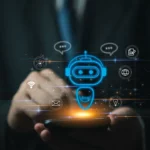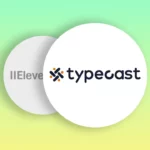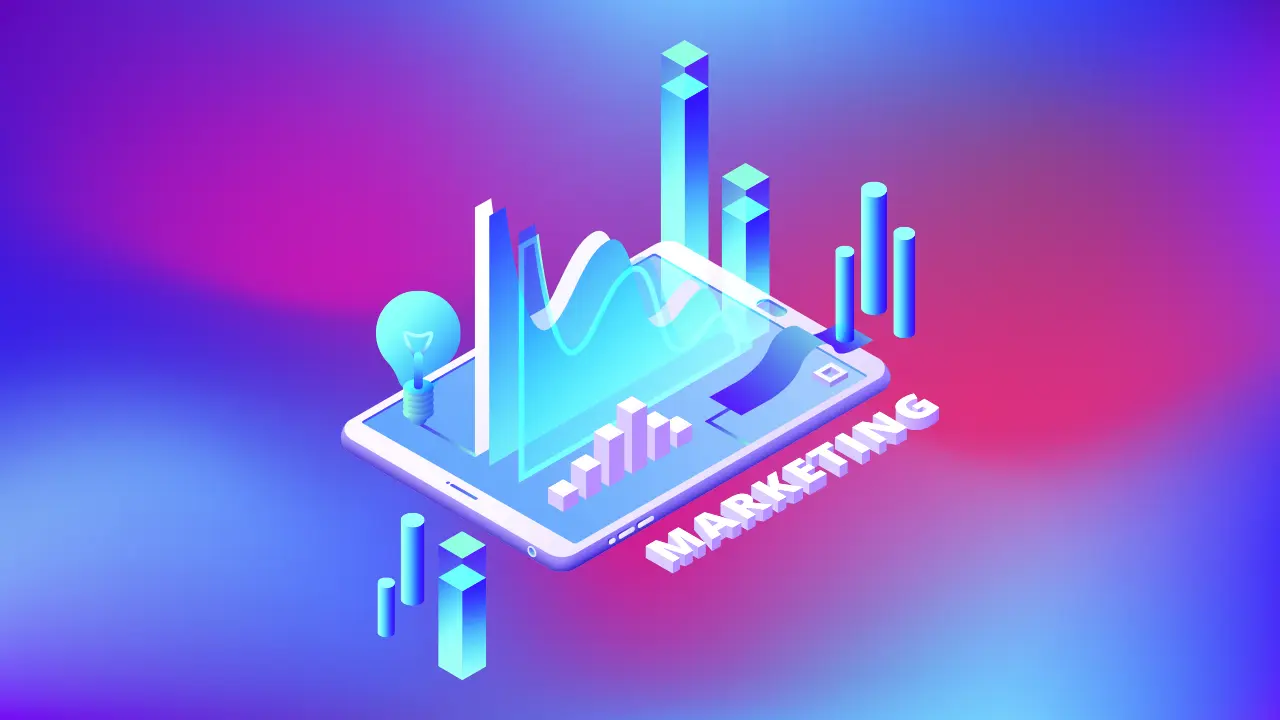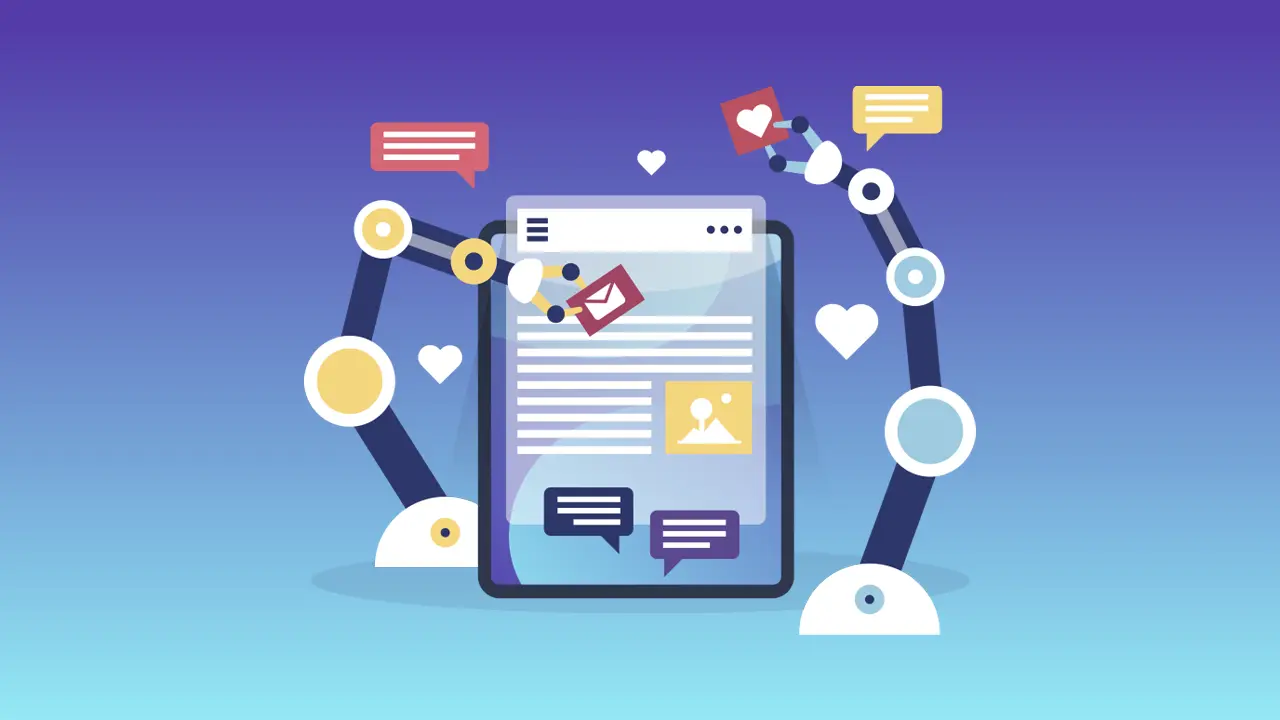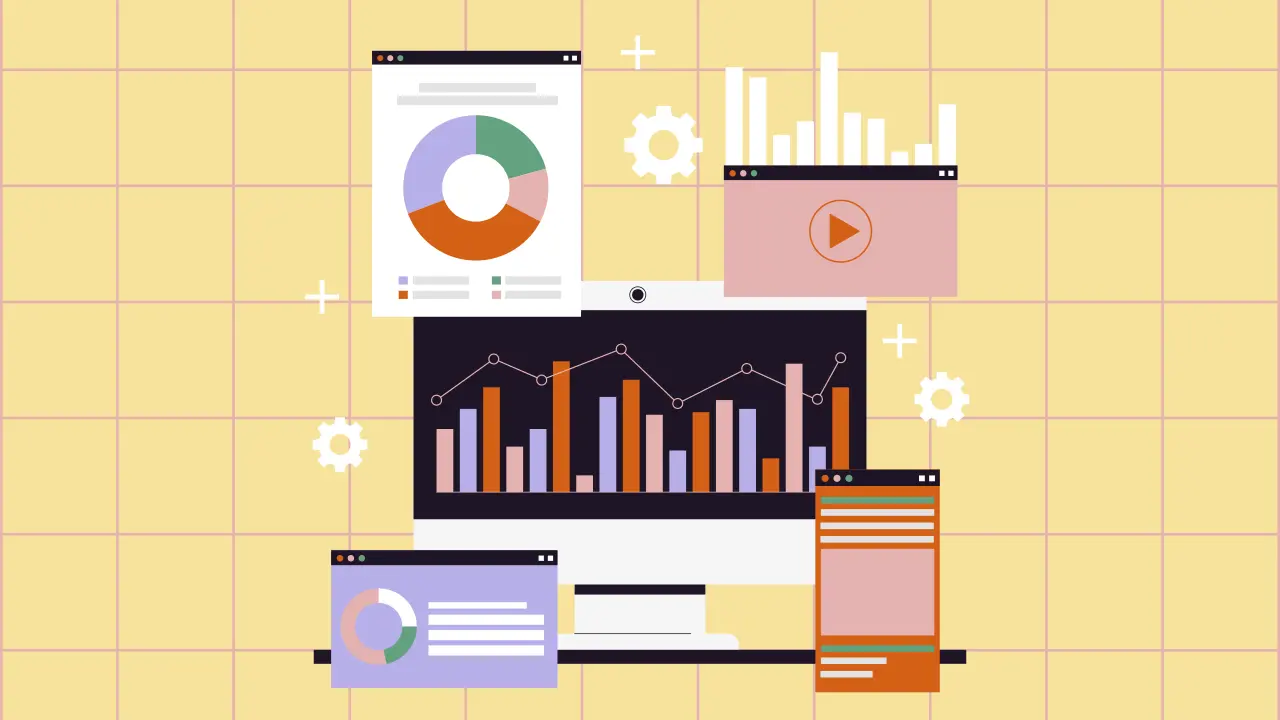In recent years, AI content marketing has transformed how brands create, distribute, and optimize their digital strategies.
Once driven primarily by human creativity and manual effort, marketing teams now rely heavily on artificial intelligence to scale campaigns, generate insights, and personalize experiences.
This shift has turned artificial intelligence content marketing into one of the most powerful trends defining the digital landscape in 2025.
The evolution of AI in content marketing

The concept of AI content marketing emerged from the need to handle vast amounts of data and to automate repetitive marketing processes.
With tools capable of analyzing audience behavior, predicting engagement patterns, and generating copy at scale, marketers can now make faster and more accurate decisions than ever before.
According to Forbes, 73% of marketers already use AI tools to produce or improve their content, showing how mainstream these technologies have become.
This evolution isn’t about replacing creativity—it’s about amplifying it through automation and intelligence.
The data-driven era
AI has redefined how marketers interpret consumer data.
Algorithms can process millions of data points to understand audience preferences, track conversion patterns, and predict which content types perform best.
The ability to leverage these insights allows for hyper-personalized campaigns, which leads to higher engagement and retention rates.
Personalization and predictive insights

Personalization has always been the cornerstone of successful marketing, but AI content marketing takes it to the next level.
Instead of relying on broad demographics, AI tools analyze micro-behaviors—like scrolling habits, purchase history, and search intent—to deliver precisely tailored content.
For instance, platforms like HubSpot and Salesforce use predictive analytics to automatically suggest the next best content or product for a user.
As a result, AI-driven personalization doesn’t just improve engagement; it also fosters customer loyalty and trust.
Beyond personalization: predicting future trends
Predictive analytics powered by AI enables marketers to identify what will resonate with audiences before trends even surface.
By monitoring engagement signals across social platforms, search data, and historical performance, businesses can forecast what types of content will generate traction.
In 2025, this predictive capability is a must-have competitive advantage—especially as audience expectations continue to evolve at lightning speed.
Automating repetitive tasks

The ability to automate repetitive and time-consuming processes is another major benefit of AI content marketing.
From scheduling posts to optimizing email subject lines, AI handles many backend tasks that would otherwise require entire teams.
This form of AI in marketing automation is particularly useful for:
- Content scheduling and distribution
- Keyword research and optimization
- Social media engagement tracking
- Customer segmentation and targeting
By freeing marketers from manual tasks, AI allows them to focus more on creative strategy, storytelling, and innovation—areas where human intuition still reigns supreme.
Content creation powered by AI
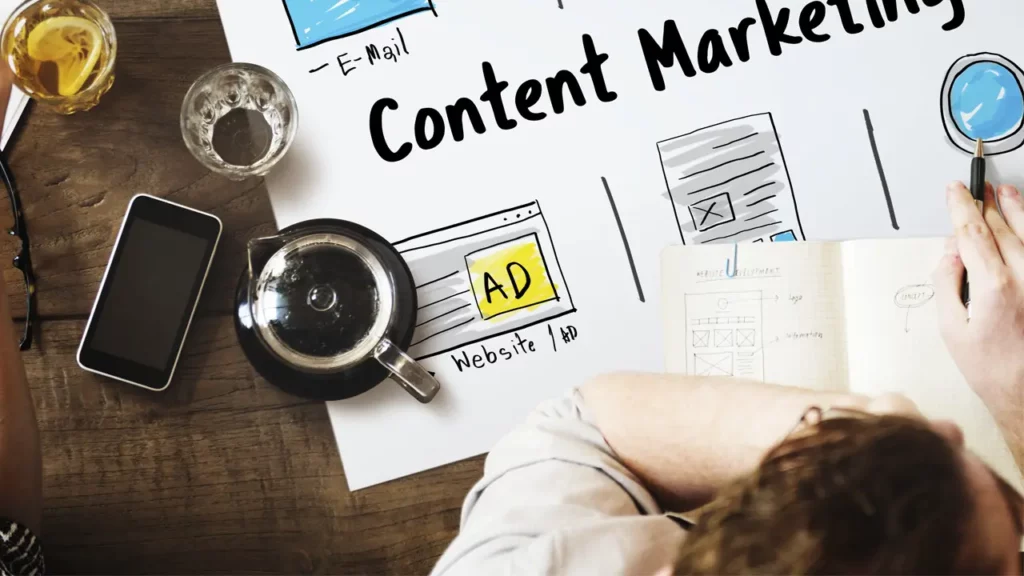
One of the most visible applications of AI content marketing is in content creation itself.
Modern AI tools can now produce blogs, product descriptions, video scripts, and social media captions that closely mimic human writing styles.
However, the most advanced marketers use AI not as a replacement, but as a creative partner.
They rely on these systems to generate first drafts, suggest topics, or improve tone and readability while maintaining a human touch for emotional authenticity.
A prime example of this partnership is the rise of the AI voice generator—a technology that allows creators to produce natural-sounding narrations for videos, ads, and podcasts without hiring voice actors.
These tools enhance storytelling and accessibility, helping brands diversify their content formats.
Ethical and creative considerations
While AI-generated content saves time and cost, it also raises ethical concerns around authenticity and originality.
Responsible marketers disclose AI use where appropriate and ensure the content aligns with brand voice and audience expectations.
Transparency remains key in sustaining trust in this new creative era.
Measuring success through intelligent analytics
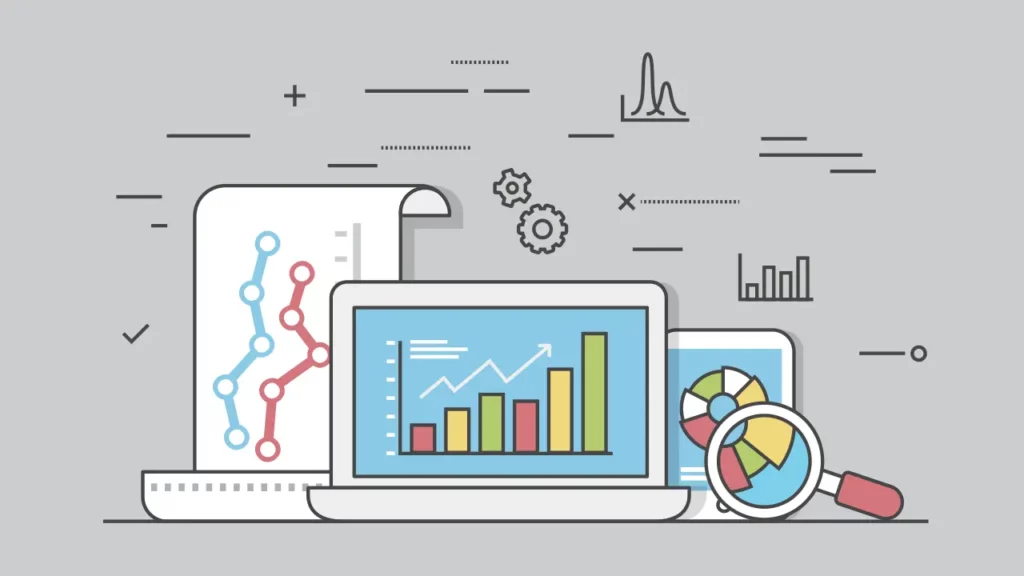
Measuring content performance has always been a challenge, but AI content marketing simplifies this by offering advanced analytical insights.
AI-driven dashboards automatically assess metrics such as engagement rate, conversion, and ROI in real time.
According to McKinsey, companies that leverage AI for marketing analytics see a 20% higher customer satisfaction rate on average.
These insights empower marketers to refine campaigns quickly and effectively, creating a constant feedback loop of improvement.
AI and content optimization
Beyond analytics, AI also optimizes existing content to extend its lifespan.
By identifying outdated sections, suggesting relevant keywords, and improving readability, AI ensures that evergreen content stays competitive in search rankings.
This continuous optimization reduces the need for frequent overhauls, saving time and resources while maximizing visibility.
The future of AI in content marketing

Looking ahead, AI content marketing will continue to evolve with innovations like real-time personalization, multimodal content generation, and emotional intelligence modeling.
These developments will allow brands to not only understand what users want but also how they feel.
Emerging technologies such as AI digital marketing platforms will likely merge text, visuals, and sound into unified creative workflows.
As this convergence deepens, marketers will craft immersive, emotionally resonant experiences that bridge the gap between brand and audience.
Human creativity in the AI era
Despite the power of automation, the human element remains indispensable.
AI provides structure and data-driven insights, but it’s human creativity that gives content its soul.
The future of marketing will depend on how effectively brands blend these two forces—using AI to enhance, not replace, genuine storytelling.
“AI is not the end of creativity—it’s the next evolution of it.”
— Content Marketing Institute, 2024
Conclusion
The rise of AI content marketing represents more than just a technological shift—it’s a creative revolution.
As artificial intelligence becomes deeply embedded in content strategy, marketers are moving from reactive campaigns to predictive, personalized experiences.
By balancing innovation with authenticity, and by embracing tools that enhance efficiency and creativity, businesses can redefine how they connect with audiences in the digital age.
Whether through smarter automation, predictive insights, or creative tools like the AI voice generator, one thing is clear: the future of content marketing is intelligent, adaptive, and profoundly human.



